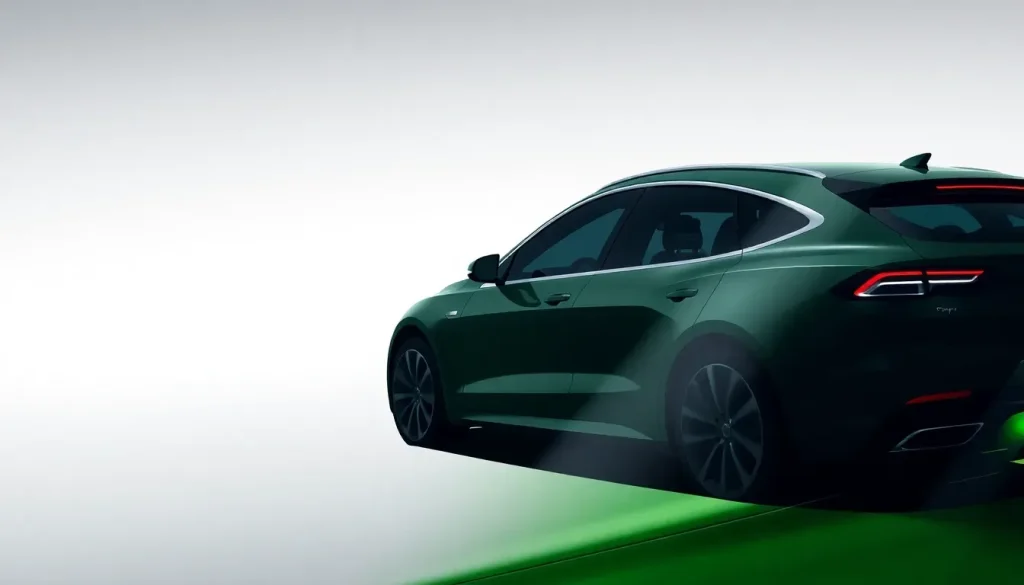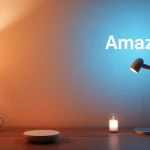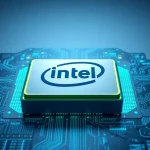Rivian believes customers will eventually value absence of CarPlay

The world of electric vehicles (EVs) is rapidly evolving, with companies like Rivian at the forefront of innovation. As consumers increasingly prioritize technology and seamless digital experiences in their vehicles, the decisions made by automakers can significantly impact their market presence. Rivian's stance on not supporting Apple CarPlay raises intriguing questions about the future of in-car technology and user experience. Let's delve into the reasons behind this decision and explore what it means for Rivian's customers.
Rivian's CEO emphasizes AI as a driving force behind a unified vehicle experience
In a recent episode of the Decoder podcast, Rivian's CEO, RJ Scaringe, articulated the company's firm position against integrating Apple CarPlay into their vehicles. This decision is a significant departure from the industry norm, where many automakers offer CarPlay as a standard feature.
Scaringe explained that Rivian intends to provide a cohesive digital environment where customers do not need to switch between CarPlay and the native Rivian interface. He stated:
We’ve made the decision, which I’m very confident about, that in the fullness of time, customers will appreciate, which is that we wanted to have a seamless digital experience. To not have the need to jump between CarPlay, which feels obviously like CarPlay, and so it feels the same in every car, and then what we create as a Rivian environment.
This perspective highlights Rivian's commitment to creating a unique user experience, emphasizing the importance of a singular interface tailored to their brand. Scaringe's assertion that customers will eventually recognize the value of this decision is a bold claim that underscores Rivian's confidence in its vision.
Integrating AI for a smarter driving future
At the heart of Rivian's strategy is the integration of artificial intelligence (AI). Scaringe pointed out that the company's focus on AI would enable it to offer a range of advanced features that would not be possible with a fragmented system like CarPlay.
By developing its ecosystem of applications and integrations—such as YouTube, Apple Music, and Google Maps—Rivian seeks to provide a more personalized and intuitive driving experience. Scaringe elaborated:
You can have all those integrations. But for us to hold the glue for putting that all together, this becomes even more important as we start to integrate AI into the vehicle.
Over the next 18 months, we’re going to see a lot of new features that, by necessity, are performing tasks or making decisions to connect different applications. And so, knowledge of “what’s the vehicle state?” Knowledge of “is it in drive, or is it parked? What are the conditions outside the vehicle? What’s your driving history? What are your preferences?” Knowledge of all of that at an ecosystem level allows us to present a richer, better experience for you as a driver or occupant of the vehicle.
This emphasis on AI integration suggests that Rivian is positioning itself not just as a car manufacturer but as a technology innovator. The company believes that by controlling the entire vehicle experience, it can leverage AI to create a smarter, more responsive driving environment for its users.
Rivian's relationship with Apple and future integrations
Despite Rivian's firm stance on not supporting CarPlay, Scaringe emphasized that the company maintains a positive relationship with Apple. He mentioned forthcoming integrations that would enhance the user experience, including car key support and messaging features.
These integrations indicate that Rivian is not completely shutting the door on collaboration with Apple. Instead, the company is focusing on creating a tailored experience that complements its brand identity while still providing valuable functionalities for users.
Some of the anticipated integrations with Apple include:
- Car key support, allowing users to unlock and start their vehicles using their iPhones.
- Messaging capabilities, enhancing communication options for drivers without compromising safety.
- Continued development of apps that work seamlessly within the Rivian ecosystem.
Customer reactions and the future of in-car technology
The decision to exclude Apple CarPlay from Rivian vehicles has sparked a mixed reaction among potential customers. While some appreciate the company's focus on a unique and integrated experience, others feel that the lack of CarPlay may limit their connectivity options.
In an age where smartphone integration is a significant selling point for many drivers, Rivian's approach raises questions about how consumers will adapt to a different paradigm. As more EV manufacturers begin to adopt similar strategies, the market may see a shift in consumer expectations regarding in-car technology.
To better understand the implications of Rivian's decision, consider these points:
- How will Rivian's unique digital experience resonate with tech-savvy consumers?
- Will the AI-driven features justify the absence of traditional integrations like CarPlay?
- How will Rivian's competitors respond to this strategy in their product offerings?
As Rivian continues to roll out new features and updates, it will be crucial to monitor customer feedback and the overall reception of its ecosystem. The company's commitment to innovation and a cohesive digital experience could set a precedent for the future of in-car technology.
For those interested in a deeper exploration of Rivian's stance on CarPlay, a discussion can be found in this insightful video:
As the automotive landscape continues to evolve, Rivian's decision could play a pivotal role in shaping how consumers interact with their vehicles. The interplay of technology, user experience, and consumer preferences will be key factors in determining the success of this ambitious approach.




Leave a Reply